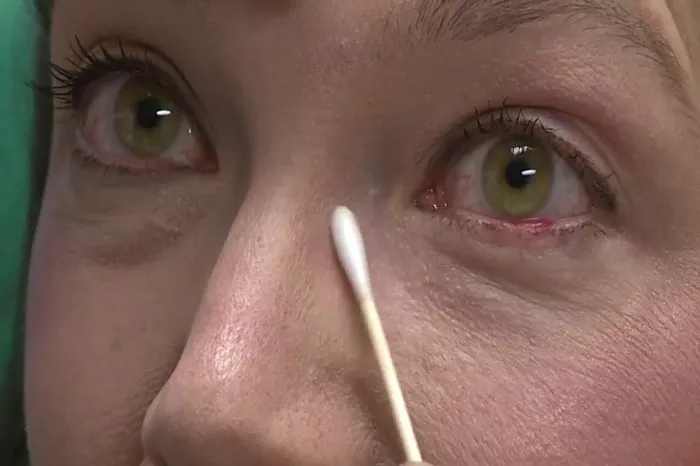Researchers at Johns Hopkins University have found that nearly half of cases of a debilitating disease could be prevented with the use of glasses or hearing aids. Eye health is crucial, with symptoms ranging from simple irritation to more serious indicators. A recent survey by MacuShield revealed that 70% of Brits acknowledge their eyesight deteriorating with age, and 75% wish to maintain their vision for a better quality of life.
As part of National Eye Health Week, experts highlight important symptoms to monitor. A sudden, severe pain behind one eye may signal an aneurysm, a potentially life-threatening condition. Dr. Helen Wall of the Oaks Family Practice warns that eye aneurysms can be surgically treated, while brain aneurysms pose greater risks.
Brain tumours may present with pressure sensations, blurred vision, and other neurological symptoms. Light sensitivity can indicate meningitis or lupus, necessitating prompt medical evaluation. Skin cancers, including melanoma, can affect the eyes, making regular check-ups essential for early detection.
High blood pressure can be observed through unusual changes in the eye’s blood vessels, while opticians can also detect signs of heart disease. Additionally, Lyme disease may manifest through vision changes, prompting anyone with tick exposure to seek medical advice.
Finally, yellow or white deposits around the eyes could indicate high cholesterol, and blurred vision may point to thyroid issues. Regular eye exams are recommended every two years to ensure comprehensive health monitoring.
Related topic:
How to Treat Pink Swollen Eyelid?
7 Natural Remedies To Treat Milia Under Eyes


